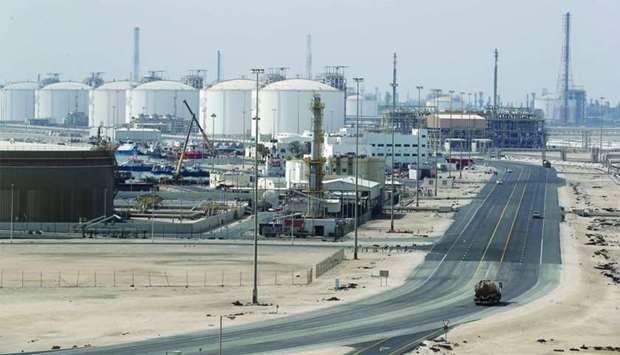Foreign direct investment (FDI) flows into Qatar “have generally followed an upward trend” in the past several years, thanks to the “country's political stability, stable currency pegged to the dollar, high quality infrastructure and one of the lowest corporate tax rates” in the world (10%), an analysis by French multinational investment bank Societe Generale has shown.
The largest contributors to FDI inflows into Qatar are the US, Japan, South Korea and Singapore, while the main sectors that attract foreign investments are oil and gas, construction, public works and financial services. FDI to Qatar totalled QR677.7bn ($199.7bn) by the end of first quarter last year, 6.6% higher than the same time in 2018, it said.
Following the diplomatic crisis with some neighbouring countries, Qatari economy experienced a “negative” impact, Societe Generale noted.
However, it said “the trust of global investors remained still on Qatar’s economy even after the diplomatic tension. Furthermore, Qatar is also a key international investor, thanks to its large foreign exchange reserves.”
According to Societe Generale, “Qatar aims to become a leading country” in terms of its business and foreign investment environment. In May 2018, the government approved a draft law that allows non-Qatari investors to own 100% capital in all sectors, while many Qatar Stock Exchange listed companies have increased their foreign ownership limit to 49%.
The organisation of the FIFA World Cup 2022 is expected to “attract” large amounts of foreign investors into Qatar in the coming years.
“However, one element that limits the expansion of FDI flows into Qatar concerns its policies governing the private sector, especially due to the long amount of time it took to establish a privatisation programme,” Societe Generale noted.
“The public-private partnership programme launched recently is expected to improve the situation,” Societe Generale said.
Qatar ranked 77th out of 190 economies in the 2020 Doing Business report issued by the World Bank, up by six spots compared with a year earlier. The rise was mainly due to a significant improvement with regards to registering property.
In its recently published economic indicators on Qatar, Societe Generale said the country’s general government debt was estimated to have grown to 53.2% of GDP in 2019, from 48.6% a year earlier, as it continued to borrow in international markets.
This, it said, is despite the fact that Qatar's economy started to grow faster after the first quarter of 2019 as government spending rose, particularly with regards to wages in the public sector.
This, Societe Generale noted, helped boost the economy later in the year, which had showed signs of a slowdown as most major infrastructure and construction projects in relation to the World Cup came to completion.




